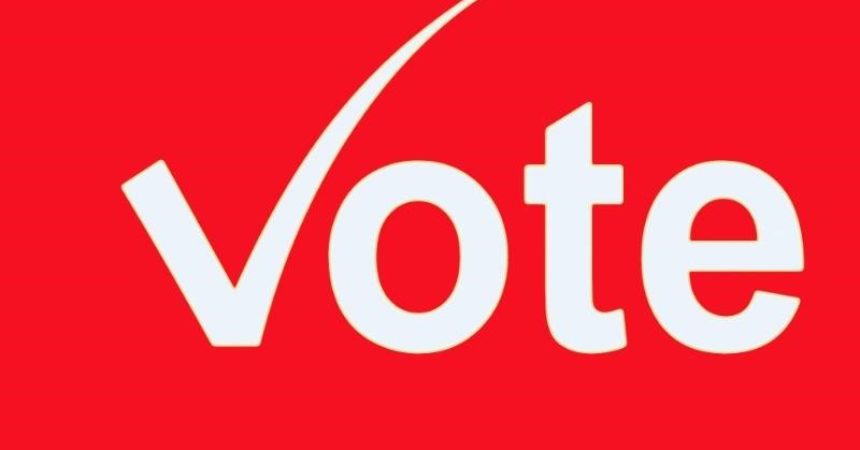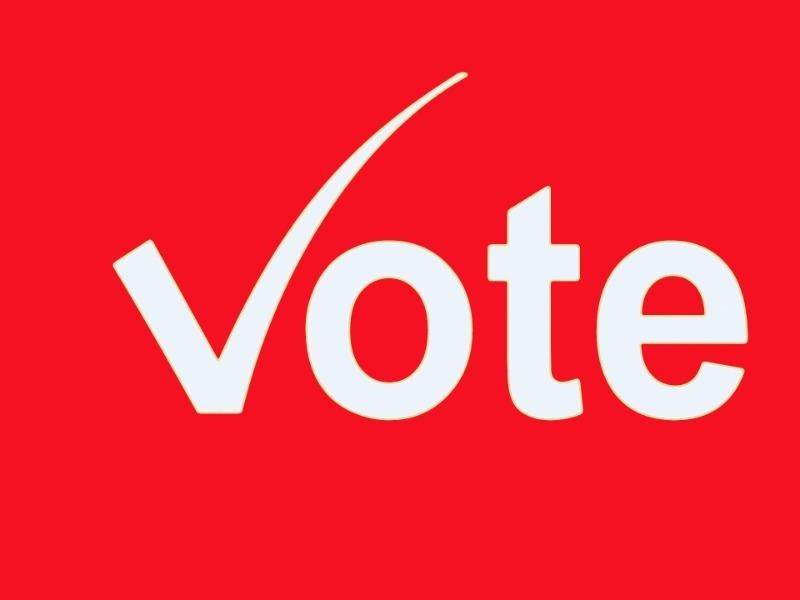
Postal officials warn of mail-in ballot problems
Dara Kam
News Service of Florida
With millions of Floridians seeking to vote by mail amid the coronavirus pandemic, postal officials have warned Secretary of State Laurel Lee that the state is at risk of having ballots go uncounted in the November presidential election.
Florida, a battleground in the election, is among states that received alerts from U.S. Postal Service General Counsel Thomas Marshall late last month. The Washington Post reported last Friday that Marshall cautioned 46 states, including Florida, that mail-in ballot policies conflict with the postal service’s delivery schedules.
“This mismatch creates a risk that ballots requested near the deadline under state law will not be returned by mail in time to be counted under your laws as we understand them,” Marshall wrote to Lee on July 29, in a letter obtained last Friday by The News Service of Florida.
Certain Florida law “requirements and deadlines appear to be incompatible with the Postal Service’s delivery standards,” Marshall noted.
“As a result, to the extent that the mail is used to transmit ballots to and from voters, there is a significant risk that, at least in certain circumstances, ballots may be requested in a manner that is consistent with your election rules and returned promptly, and yet not be returned in time to be counted,” he added.
Under Florida law, county supervisors of elections can send mail-in ballots to voters up to eight days before an election.
The main classes of mail used for ballots are “First-Class Mail,” most of which is delivered two to five days after it is received, and “USPS Marketing Mail,” which is delivered three to 10 days after it is received, according to Marshall. Local elections officials use both classes of mail, he said.

Photo special to the Outlook
Florida law, which requires ballots to be received by 7 p.m. on Election Day to be counted, allows voters to request mail-in ballots “as late as 10 days before the election,” Marshall observed.
But voters who wait that long face “a significant risk that the voter will not have sufficient time to complete and mail the completed ballot back to elections officials in time for it to arrive by the state’s return deadline,” he cautioned.
“That risk is exacerbated by the fact that the law appears to allow election officials to mail a ballot to voters until eight days before the election,” he added.
Lee said in a prepared statement provided to the News Service last Friday that she “has made it a top priority to engage with local elections officials and the USPS regarding the timely delivery and return of vote-by-mail ballots for the August and November elections.”
The state’s top elections official pointed out that Floridians have “three options for voting” — vote-by-mail, early voting and voting on Election Day.
“We encourage voters to choose whichever option best accommodates their needs, and we understand that an increased amount of voters are opting for vote-by-mail ballots this election cycle,” she said.
Lee’s office is “monitoring very closely the delivery of vote-by-mail ballots in Florida. The majority of supervisors of elections are not reporting any issues,” according to the statement.
Voters can also hand-deliver mail-in ballots to elections supervisors’ offices and early voting sites, Lee said.
“Some counties are also offering additional secure drop box locations during the early voting period,” she said. “Voters who are concerned that their ballot will not be delivered timely can take advantage of these optional drop box locations.”
While roughly one-third of Floridians typically vote by mail, supervisors expect at least double that number for the primaries and Nov. 3 general election amid the coronavirus pandemic.
The focus on mail-in ballot deadlines comes amid a national outcry over President Donald Trump’s handling of the nation’s postal service, which is in the midst of far-reaching organizational and policy-related changes ordered by Louis DeJoy. The overhaul launched by DeJoy, who was appointed by Trump as postmaster general this year, has resulted in mail delivery delays in some areas.
Trump said last Thursday he opposes emergency funding for the agency, which has requested more resources, because it would help Democrats’ efforts to expand mail-in voting.
Former President Barack Obama last Friday accused Trump of trying to “actively kneecap” the postal service in advance of the Nov. 3 general election.
Marshall’s advisories to the states “go beyond the traditional coordination between the Postal Service and election officials,” according to the Post report.
In his letter to Lee, Marshall recommended that Florida voters mail their ballots no later than Oct. 27 to be received in time to be counted for the presidential election.
“To allow enough time for ballots to be returned to election officials, domestic voters should generally mail their completed ballots at least one week before the state’s due date,” he advised.
The spotlight on the delivery of mail-in ballots also comes as Trump continues to castigate mail-in voting. The Republican president has repeatedly asserted that mail-in ballots will result in voter fraud, despite a lack of evidence to support such a claim.
Trump’s attacks on vote-by-mail seem to be targeting states that have decided to send mail-in ballots or applications to all registered voters. In contrast, Floridians have to request mail-in ballots. In a social media post this month, Trump, who has voted by mail in Florida, assured that the state’s election system “is safe and secure.”







